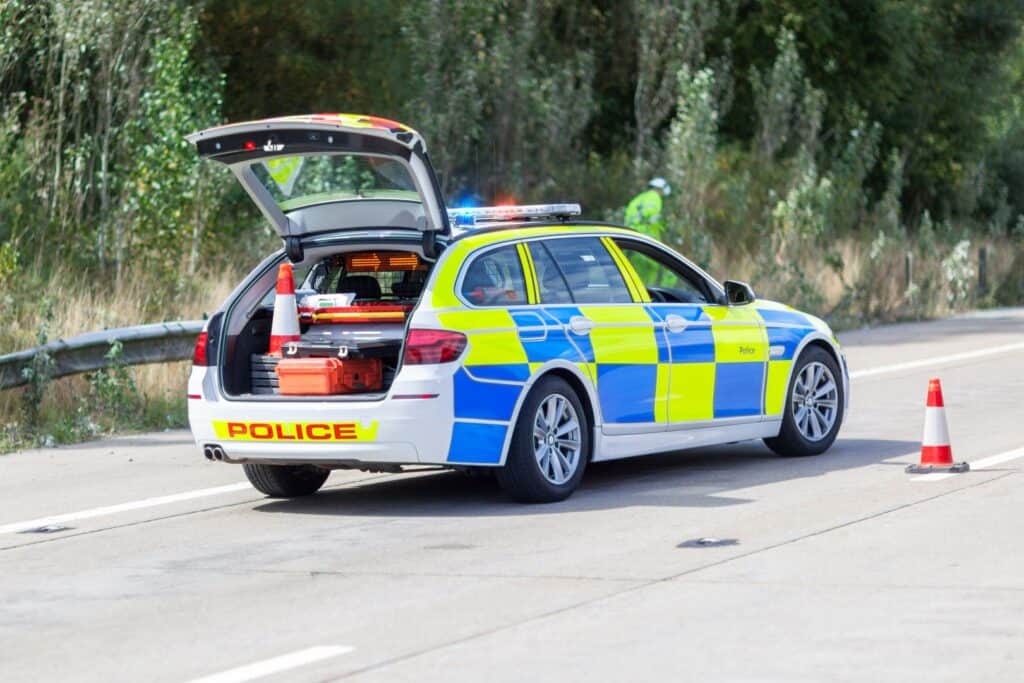
Drug Driving Deaths Almost Triple In A Decade
A new report has revealed that the number of deaths due to drug driving on UK roads has increased in the last year.
The longer-term picture is also a troubling one, with the number of collisions attributed to drug driving increasing by 170% in just under a decade.
Data from the Department for Transport (DfT) has shown that the total number of drug-driving crashed rose to 1,853 in 2023, almost tripling from 684 in 2014.
There were 124 fatalities as a direct result of drug-driving last year, something which represents a significant problem for road safety.
Drug Driving And The Impact On Road Safety?
Drug driving is a serious concern for the police, road safety experts, the government, and for other road users.
With drug driving accounting for 8% of all road fatalities in 2023, it’s an issue that isn’t going to go away quickly.
The news follows a report last year which revealed that offences for drug driving, dangerous driving and speeding reached record levels in the last couple of years.
Data released by the Crown and Magistrates Court shows record highs in offences such as:
- Dangerous driving
- Drug driving
- Causing serious injury through dangerous driving
- Drivers failing to supply information when required
More than 32,000 drivers were in court for drink driving offences, while more than 6,000 people were charged with using a handheld mobile device while driving.
It’s an issue that the government are starkly aware of and despite recent awareness campaigns and a change in the law to crack down on offences, the number of incidents is still rising.
Dangerous Driving – Is It Getting Worse?
With more people than ever driving on the road and more journeys being completed, there’s bound to be a rise in incidents.
But the concern will be the change in diving habits and the rise in drug driving offences as a percentage of overall offences, not just on their own.
The reality is that the effectiveness of awareness campaigns and stricter punishments aren’t always immediately felt. It can take years for new laws to fully take effect and for drivers to heed the warnings.
Driving offences have a high conviction rate in court, though, which the government and the police hoping will deter drivers from committing offences moving forwards.
With 85.5% of people charged with a motoring offence in court over the last two years being convicted, it shows that if a case is to reach that point, the likelihood is that a conviction will be handed down.
Penalties for drug driving vary but the maximum punishment is a 6-month prison sentence, as well as a minimum 1-year driving ban and an unlimited fine.
That’s providing the driver isn’t charged with any other offences.
Do you think more needs to be done to crack down on drug driving offences? And is it an issue that you think fleets need to be acutely aware of? Let us know in the comments below.

